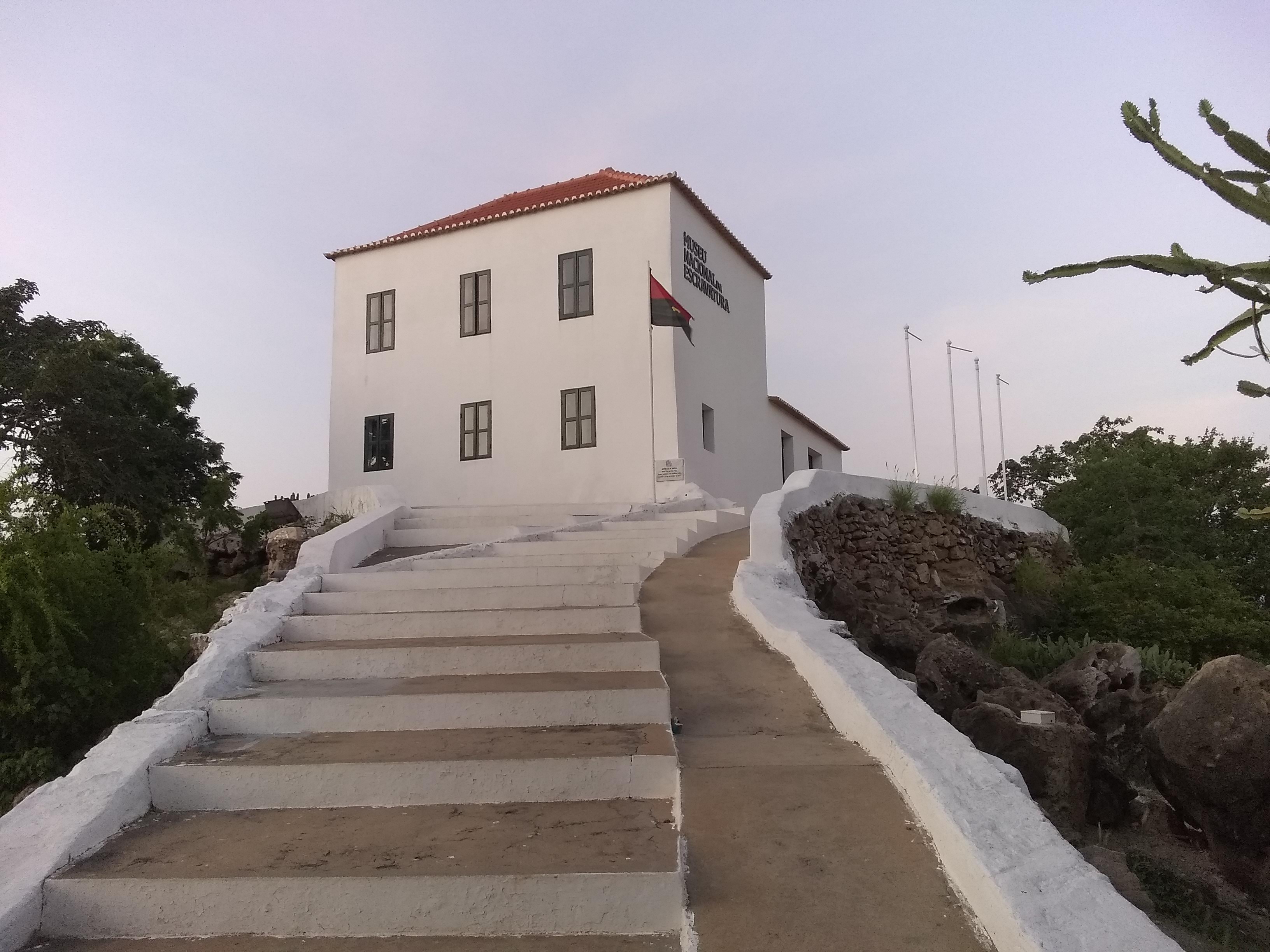Featured
Angola Welcomes Descendants of the First 20

A museum that houses artifacts from the Transatlantic slave trade is perched on a hill in Angola, Africa and overlooks the sea where millions of Africans began the grueling one-way journey that transformed two continents, the one they called home and the one that became home for their descendants. In late February, a group of African Americans visited Angola as part of a trip organized by Go Africa Consulting, which describes its mission as bridging the gap between African Americans and Africans.
“They assembled a powerful team of men and women, historians, medical doctors, and ministers,” says Minister Michelle Noel-Peak who joined the group. “It was my very first time on African soil. I can’t describe it, but it felt like I had returned home.”
This year marks four hundred years since the first Africans arrived in the English colonies. They had come from Angola on a Spanish ship that docked in Virginia which is where they were traded for supplies. It was the beginning of centuries of heartbreak for them and their descendants.
“Angola has not been in the limelight compared to Senegal and Ghana where the slave castles are,” says Shelvin D. Longmire, an international consultant who was part of the delegation. “Senegal and Ghana have been very good at branding and marketing their history in the Transatlantic Slave Trade. So, not only do we discover those first Africans came from Angola, we also learn that about 30 percent of the slaves came from Angola”
Longmire and the other delegates were invited to Angola by Bishop Alfonso who pastors The Church of Our Lord Jesus Christ in The World. Alfonso cites the biblical story of Abraham as the compelling reason his church’s involvement. In Genesis 15:13 Abraham has a dream, and ‘Then the Lord said to him, Know for certain that for four hundred years your descendants will be strangers in a country not their own and that they will be enslaved and mistreated there.’
“You could feel the love in the air…like we were long lost family,” Longmire says. “The church saw this as a prophecy…and that descendants would return after 400 years of bondage. Their prophet had talked about that. Our return was a fulfillment of their prophecy ”
For 10 days, Longmire and Noel-Peak say they were treated like royalty. According to Noel-Peak, “from the hotel accommodations to the private plane,” it was a once-in-a-lifetime experience. She adds, “It was so much…it’s hard to tell the full breadth. It took me weeks to come down off my spiritual high.”
In America, anticipation is growing as the 400-year milestone receives more attention. Congress appointed a commission to plan activities throughout the year and encourage civic participation.
Almost six months have passed since the group returned from Angola, but the memories are still vivid.
“My last hug was a young woman,” Noel-Peak remembers. “She said to me, ‘My sister, we missed you.”

-

 Featured10 months ago
Featured10 months agoCalifornia Is the First State to Create A Public Alert for Missing Black Youth
-

 Featured9 months ago
Featured9 months agoAfrican American Leaders Stay the Course Amid Calls for President Biden To Bow Out of Race
-

 Featured10 months ago
Featured10 months agoThe Debate Fallout Lands on Both Candidates
-

 Featured9 months ago
Featured9 months agoPresident Joe Biden Decides to Withdraw from the Presidential Race
-

 Featured9 months ago
Featured9 months agoIn One of His Final Speeches as President, Biden Says It’s Time for ‘Fresh Voices’
-

 Featured9 months ago
Featured9 months agoPresident Joe Biden Describes Shooting of Donald Trump As ‘Sick’









